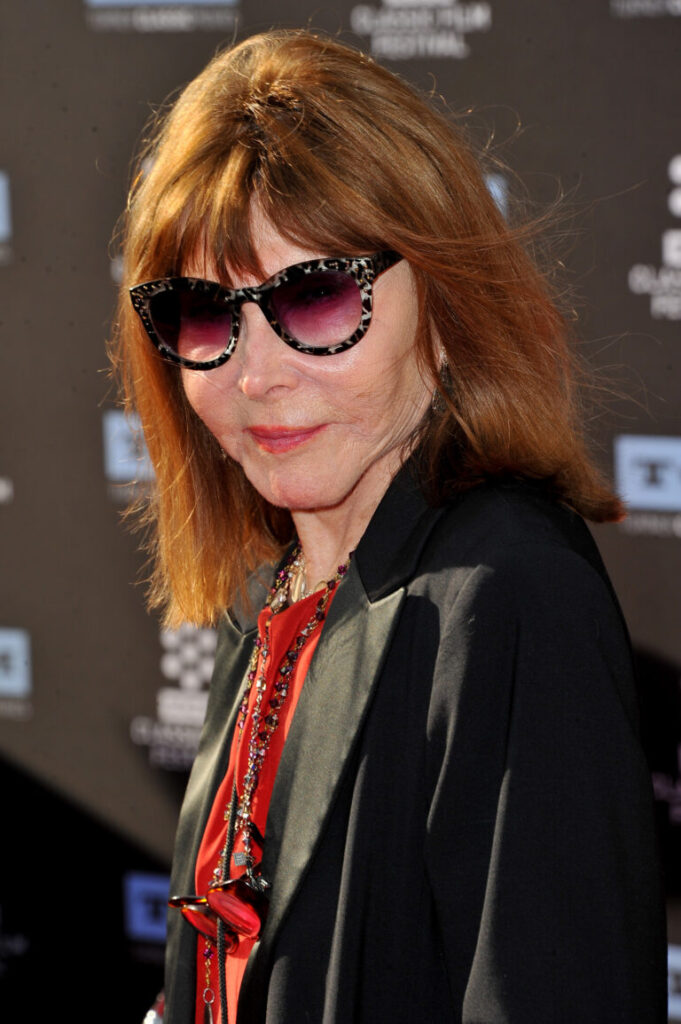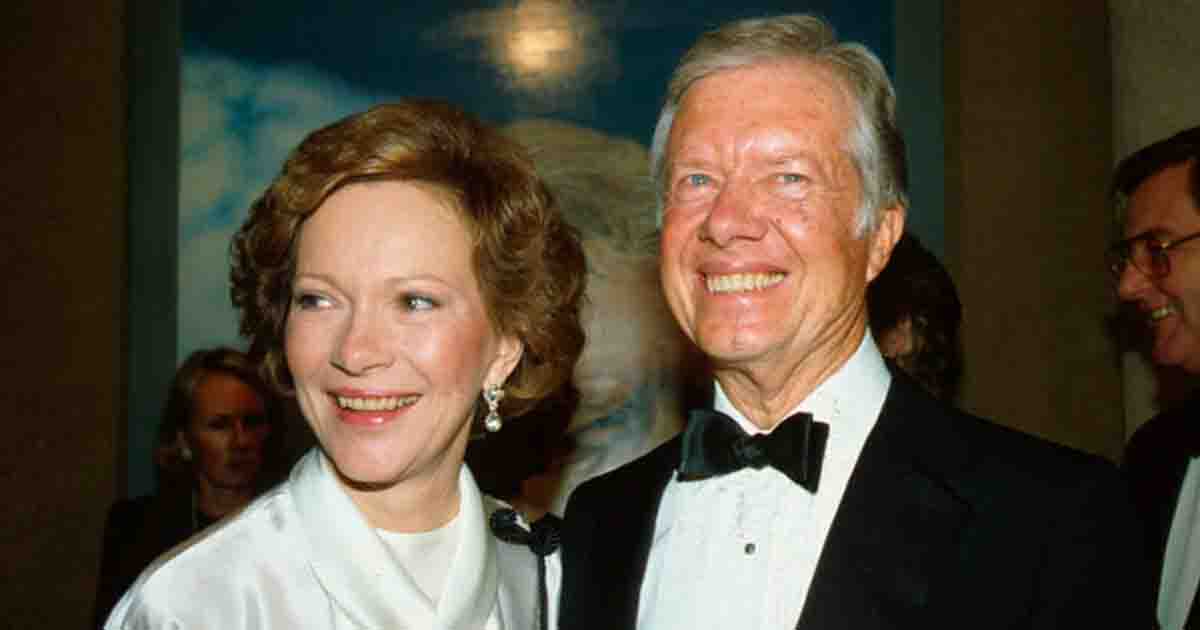1950s star Lee Grant is nearly unrecognizable today
The Hollywood icon, known for her timeless beauty, has transformed over the years—see her stunning then-and-now photos.
Lee Grant was on the brink of superstardom in the 1950s, celebrated for her beauty and acting talent. But at the peak of her career, she was suddenly blacklisted—leaving many to wonder what went wrong.
In the early 1950s, Lee Grant was considered one of the most promising actresses in Hollywood. With her striking beauty and undeniable screen presence, she quickly caught the attention of major studios. She made her film debut in Detective Story (1951) alongside Kirk Douglas, a performance that earned her an Academy Award nomination for Best Supporting Actress and the Best Actress Award at the Cannes Film Festival.
Critics praised her talent, and audiences adored her. Grant was set to become one of the biggest stars of her generation—until her career took a shocking turn.
The sudden downfall
Despite her success, Grant was abruptly blacklisted from Hollywood. Studios that once competed to work with her suddenly refused to hire her. The reasons for her downfall were not initially clear, leading to speculation.
Some believed she had upset powerful executives by refusing to conform to their expectations. Others thought her personal life had become an issue, as Hollywood studios tightly controlled the public images of their stars. But the truth was far more political.

Targeted by the Hollywood blacklist
Grant’s career came to a halt due to the House Un-American Activities Committee (HUAC), which investigated suspected Communist ties in the entertainment industry during the Red Scare.
Her troubles began in 1951 when she gave a heartfelt eulogy at the memorial service of actor J. Edward Bromberg, suggesting that the stress of being called before HUAC contributed to his death. In the tense political climate of the time, this was enough to put her on the blacklist—a devastating label that made it nearly impossible to find work.
For the next 12 years, Grant struggled to get acting jobs. Despite her immense talent, she was effectively shut out of Hollywood.
A slow but triumphant comeback
The Hollywood blacklist eventually lost its grip on the industry, and Grant made a gradual return to acting. She appeared in notable projects such as Valley of the Dolls, Columbo, Shampoo, and Mulholland Drive. Her perseverance paid off when she won an Academy Award for Best Supporting Actress for Shampoo (1975).
Though she was able to rebuild her career, the years she lost due to the blacklist were ones she could never get back.
A lasting legacy
Lee Grant’s story is a reminder of how Hollywood once controlled the fate of its stars, often valuing politics over talent. While she eventually regained her place in the industry, her forced absence from Hollywood during her prime years remains one of the many injustices of the era.
Today, she is remembered not only for her beauty and acting skills but also for her resilience in the face of adversity. In an era where actors have more freedom to speak out, her struggles serve as a powerful reminder of Hollywood’s darker past—one where even the brightest stars could be silenced by forces beyond their control.





